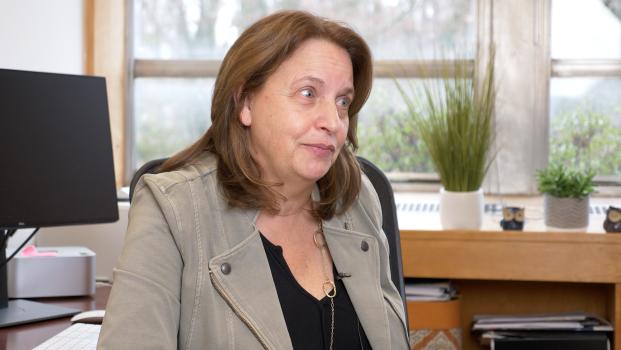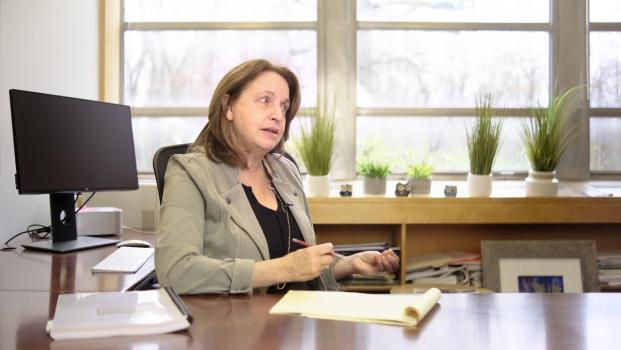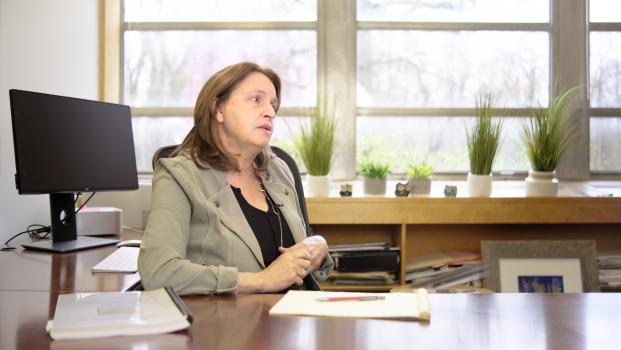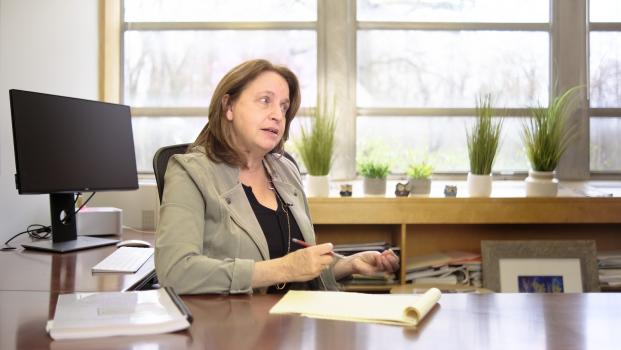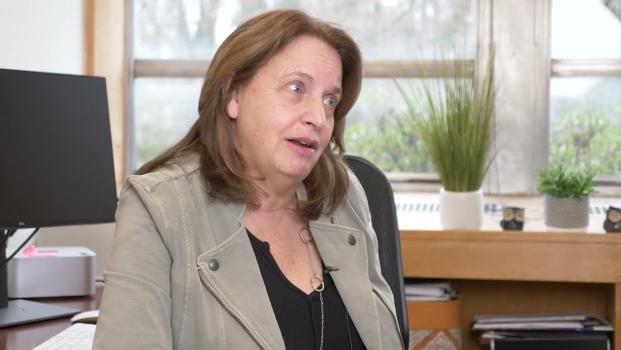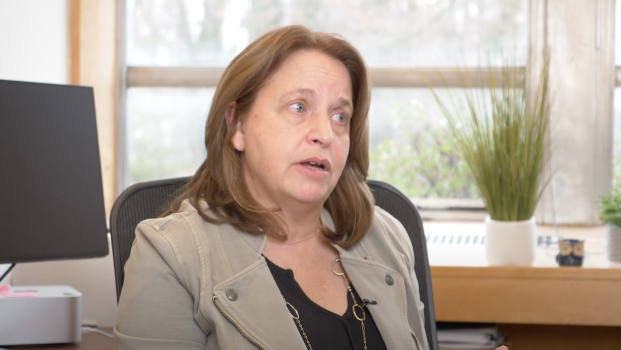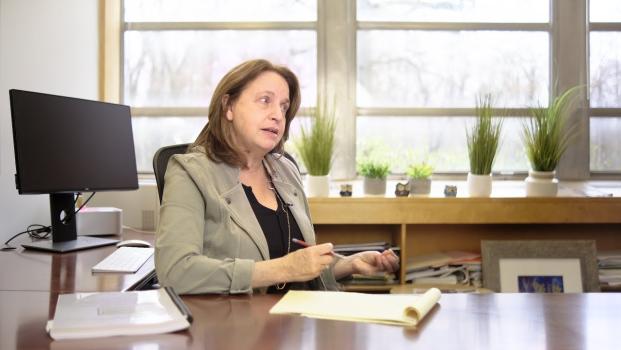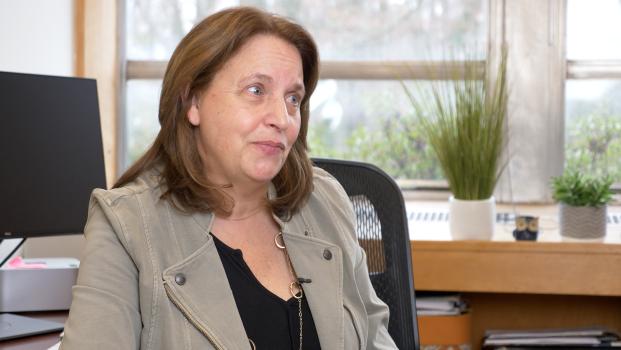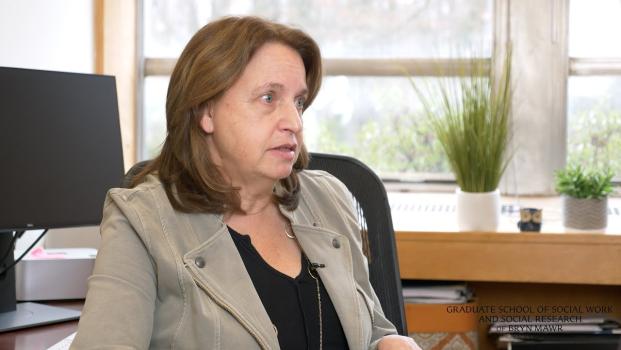
Trauma-Informed Curriculum
The Graduate School of Social Work and Social Research's trauma-informed curriculum prepares students to be aware of, and responsive to, the impacts of trauma on individuals, families, organizations, communities, and the broader society.
The GSSWSR received a transformative gift in 2017 that enabled us to expand our trauma-informed curriculum development for the M.S.S. program. Our curriculum now includes a required course for all students on “Trauma-Informed Social Work” and across our curriculum we explore core aspects of trauma-informed care.
What is a trauma-informed curriculum?
Dean Janet Shapiro illustrates how the theme of trauma-informed curriculum carries through the M.S.S. program.
As a school, we are also committed to working toward becoming a trauma-informed organization. This means we attend to the impact of secondary traumatic stress by recognizing the impact of our work on ourselves and proactively seeking to create community and provide support.
One initiative aimed at community-building is our first-year experience program, the CONNECT program, which welcomes students into our school and encourages students to build community as they begin their journey toward the M.S.S. degree. We have also made trauma-informed work a key focus of our seminar in field instruction to ensure that an understanding of trauma-informed social work is also experienced by our students as part of their field learning experiences.
How is Bryn Mawr's approach unique?
Dean Janet Shapiro describes how the trauma-informed focus is unique to the GSSWSR.
Our curriculum explores traumatic stress through the lens of power, privilege, and oppression, so that students can learn about the impact of historical and collective trauma on individuals and communities. Advanced electives provide the opportunity to learn evidence-informed approaches to trauma-informed care.
What will I learn?
Dean Janet Shapiro defines the five central components of a trauma-informed curriculum.
As a trauma-informed school, we support a healing justice approach to trauma-informed work; one that recognizes the impact of structural inequities on individuals and communities. Our required and elective courses focus not only on the impact of trauma, but also on the potential for post-traumatic growth and healing.
